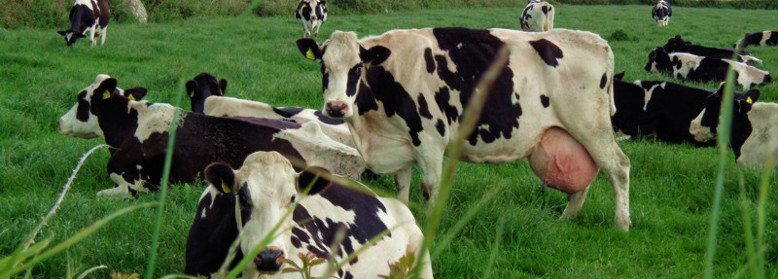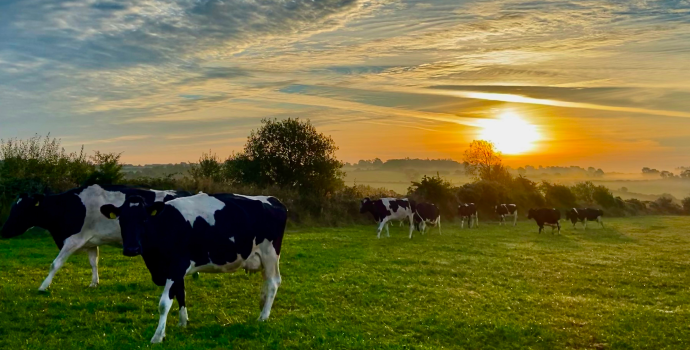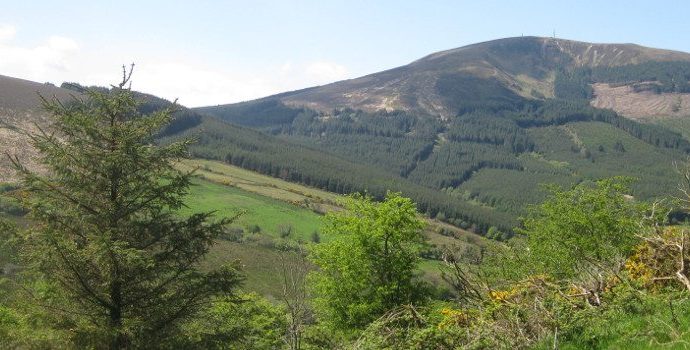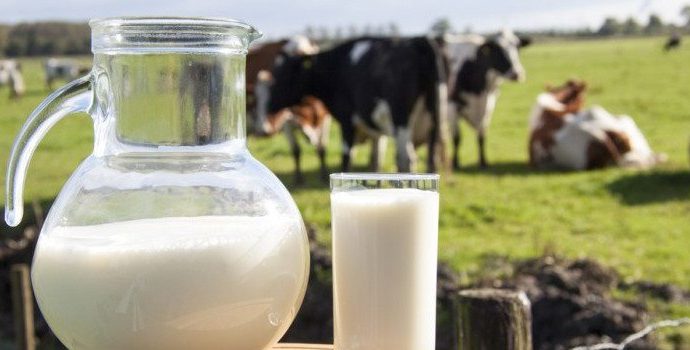Food Security and Resource Stress Are Real Issues That Must Be Addressed in Climate Debate

Feeding the world while addressing climate change is one of the biggest challenges of the 21st century. The world’s population, which reached 7 billion in 2011, is expected to exceed 9 billion by 2050. Agricultural production will need to increase by an estimated 70 percent according to the UN Food and Agriculture Organization, with strong demand projected for commodities such as milk and meat.
However,, certain parts of the world will not in a position to increase productivity, primarily because of water scarcity and other resource stresses.
At the same time as the Food and Agriculture Organization is calling for increased global food production, another agency of the United Nations, the Intergovernmental Panel on Climate Change, is seeking to halve global greenhouse gas emissions over the same period. On the face of it these objectives are not compatible and therefore policy choices must be made.
As we approach the international climate talks in Paris this December and endeavour to agree a successor to the Kyoto Protocol, the policy response to climate change must be more holistic. The international community must accept that it is not realistic to implement a crude cut in emissions from food production at a time of increasing global demand for food. It must also consider the many parts of the world that suffer from resource stress and are therefore not in a position to increase food production. The United Nations predicts a 40% worldwide water shortfall and a 55% increase in demand for water within the next 15 years. This is not just a developing world issue, the European Environment Agency reports that 18% of Europe’s population lives in countries that are water stressed.
A new approach to climate policy must avoid the flaws of previous policies, which ignored increases in global emissions due to carbon leakage. This occurs when food production is restricted in emission efficient areas of the world and displaced by less carbon efficient food production in other areas. For example, sustainable grass based food production in Europe may be displaced by less sustainable food produced in tropical or other regions where carbon sequestering forests are cleared to support cattle rearing.
In Europe, there are positive signs that policy makers are recognising these realities. This may provide a path to a successful international climate agreement in Paris. In October 2014, the Heads of Government agreed an EU wide position on climate change, which importantly includes a new policy framework for how agriculture should be treated in the climate debate. This recognises that agriculture is different and that, in addition to emitting carbon, the sector also has a positive impact on the environment. It acknowledges that agriculture has many responsibilities, not only the reduction of greenhouse gas emissions. Its responsibilities include food and fuel production, energy production and environmental protection – all of which must be considered when addressing the climate challenge. The global response of the sector to the climate challenge must evolve towards sustainable production and better management of resources.
Ireland is a world leader in sustainable production, measuring and reducing greenhouse gas emissions throughout the supply chain, whether inside the farm gate or at processor level. Initiatives such as Origin Green, the quality beef assurance scheme, Smart Farming and the sustainable dairy assurance scheme capture and independently verify our sustainable model of food production.
Agriculture deserves credit for its impact in reducing greenhouse gas emissions by including the carbon sequestration potential of agricultural soils, forestry and bioenergy. Agriculture’s positive contribution needs to be included when assessing greenhouse gas emissions from the sector. For example, internationally the mitigation potential of agricultural soils is between 1 and 4 billion tonnes of CO2/year.
IFA continues to work with the World Farmers’ Organisation and lobbies in Europe and internationally to ensure that the international climate talks in Paris build on recent EU Heads of Government agreements and deliver a fair and balanced outcome for agriculture. Agriculture, climate change, food security and resource stress are all interlinked. The overall climate response in the Paris conference must ensure that these multiple challenges are addressed for the agriculture sector.




